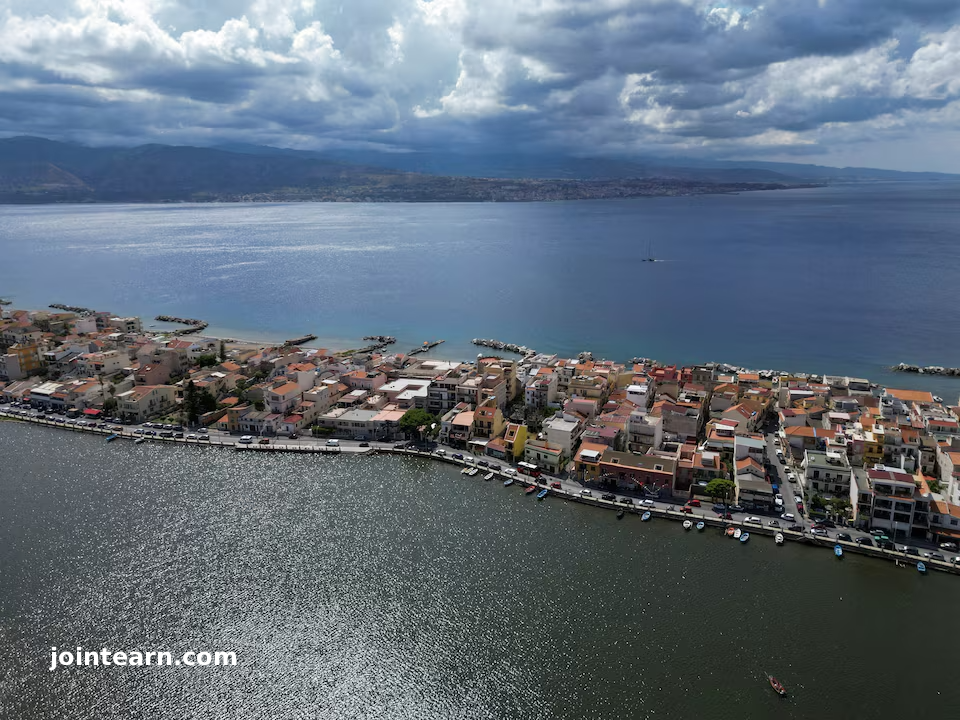
Rome, October 29, 2025 – Italy’s Court of Auditors is evaluating the approval of a landmark infrastructure project aimed at connecting the island of Sicily with mainland Calabria via a suspension bridge, raising questions about costs, financing, and compliance with European regulations. The 3.7-kilometre (2.3-mile) Strait of Messina bridge project, initially abandoned in 2012 due to high expenses, has now been revived under the government of Prime Minister Giorgia Meloni with a budget allocation of 13.5 billion euros ($15.7 billion).
Government Pushes Forward on Historic Bridge
The project received political backing in August after strong lobbying from Infrastructure Minister Matteo Salvini, leader of the far-right League Party. Salvini has repeatedly stated his commitment to beginning construction this year, emphasizing that the bridge would elevate Italy’s global infrastructure standing.
“The bridge will elevate our country to the level of the world’s major players,” Salvini said, defending the plan amid criticism from environmentalists and economic analysts.
Court of Auditors Scrutinizes Financing and Legal Compliance
Carmela Mirabella, councillor at the Court of Auditors, highlighted the importance of thorough scrutiny, noting that the project involves significant public expenditure. She stressed that financing must be sufficient from the outset to prevent interruptions that could have severe economic consequences.
A decision on whether to validate the project is expected within 24 hours. While a court rejection would not automatically stop the project, it would present a serious political setback for the Meloni government, which could attempt to override objections “with reservations.”
Cost and Technical Concerns
The Court of Auditors raised concerns over the rising cost of the project, which has surged from the 3.8 billion-euro tender awarded in 2005 to the current 13.5 billion-euro plan. Judges also noted the absence of a mandatory technical assessment from consulting bodies and questioned whether the project complies with EU competition rules.
The bridge contract has been awarded to the Eurolink consortium, led by Italy’s Webuild (formerly Salini Impregilo), in partnership with Spain’s Sacyr and Japan’s IHI, following an international tender.
Divided Public Opinion
Public opinion on the bridge remains sharply divided. Critics argue that the project is unnecessary, environmentally harmful, and risky given the region’s history of devastating earthquakes. Supporters contend that it would dramatically improve transport connectivity, boost economic development, and facilitate faster road and rail links for Sicily and southern Italy, historically less developed than the northern regions.
The ongoing debate underscores tensions between ambitious national infrastructure goals and regulatory, environmental, and budgetary oversight, reflecting broader European scrutiny of large-scale projects financed with public funds.


Leave a Reply